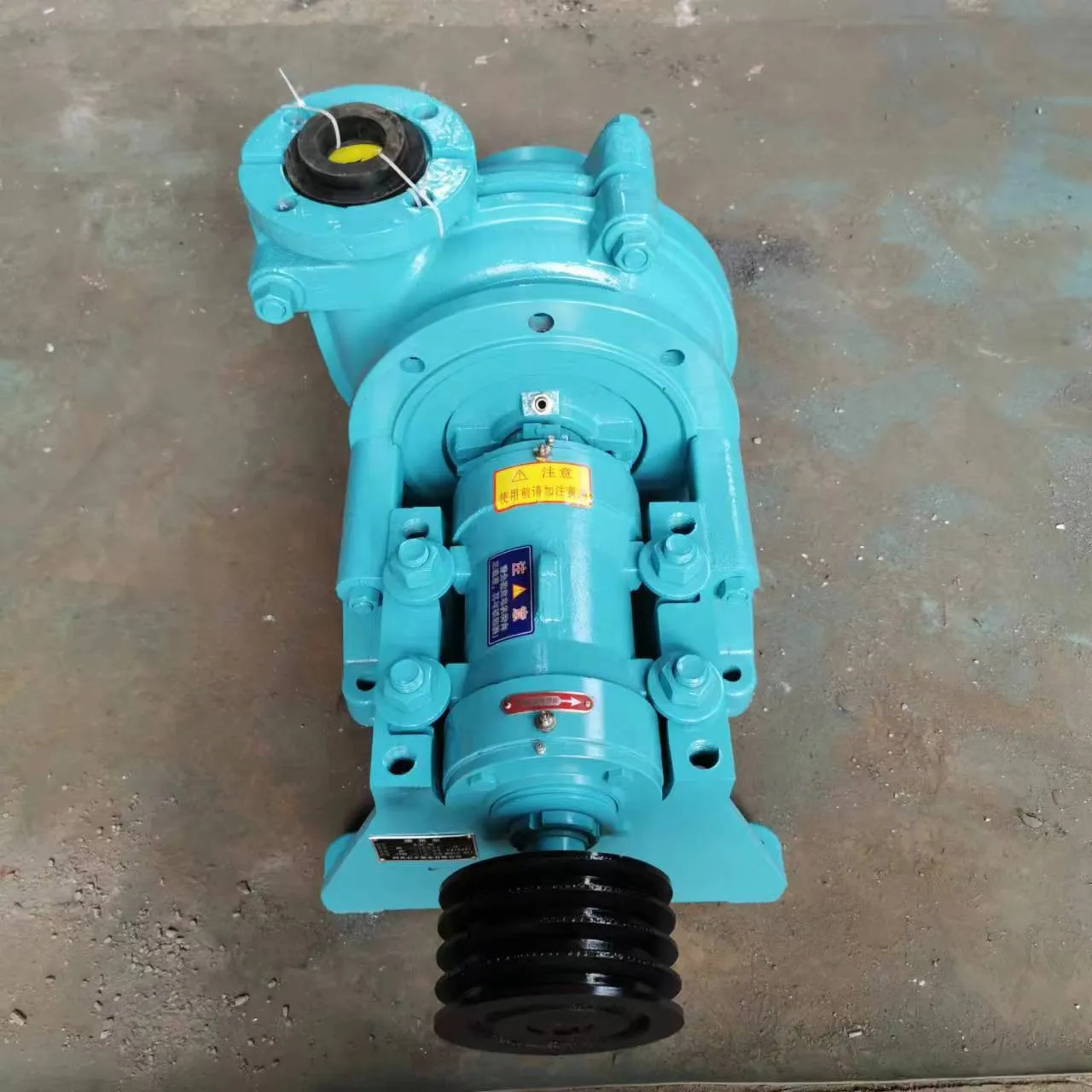English
- Afrikaans
- Albanian
- Amharic
- Arabic
- Armenian
- Azerbaijani
- Basque
- Belarusian
- Bengali
- Bosnian
- Bulgarian
- Catalan
- Cebuano
- Corsican
- Croatian
- Czech
- Danish
- Dutch
- English
- Esperanto
- Estonian
- Finnish
- French
- Frisian
- Galician
- Georgian
- German
- Greek
- Gujarati
- Haitian Creole
- hausa
- hawaiian
- Hebrew
- Hindi
- Miao
- Hungarian
- Icelandic
- igbo
- Indonesian
- irish
- Italian
- Japanese
- Javanese
- Kannada
- kazakh
- Khmer
- Rwandese
- Korean
- Kurdish
- Kyrgyz
- Lao
- Latin
- Latvian
- Lithuanian
- Luxembourgish
- Macedonian
- Malgashi
- Malay
- Malayalam
- Maltese
- Maori
- Marathi
- Mongolian
- Myanmar
- Nepali
- Norwegian
- Norwegian
- Occitan
- Pashto
- Persian
- Polish
- Portuguese
- Punjabi
- Romanian
- Russian
- Samoan
- Scottish Gaelic
- Serbian
- Sesotho
- Shona
- Sindhi
- Sinhala
- Slovak
- Slovenian
- Somali
- Spanish
- Sundanese
- Swahili
- Swedish
- Tagalog
- Tajik
- Tamil
- Tatar
- Telugu
- Thai
- Turkish
- Turkmen
- Ukrainian
- Urdu
- Uighur
- Uzbek
- Vietnamese
- Welsh
- Bantu
- Yiddish
- Yoruba
- Zulu
Telephone: +86 13120555503
Email: frank@cypump.com
Jul . 20, 2024 02:20 Back to list
Selecting the Right Slurry Mixer Pump for Optimal Performance and Efficiency in Your Operations
Understanding Slurry Mixer Pumps An Essential Tool for Efficient Handling
In various industries—ranging from mining and construction to wastewater treatment—the importance of effectively managing slurries cannot be overstated. Slurries, which are mixtures of solid particles and liquids, often present challenges in terms of transport and handling. This is where slurry mixer pumps come into play, facilitating the efficient movement of these viscous materials.
What is a Slurry Mixer Pump?
A slurry mixer pump is a specialized pump designed to mix and transport slurry materials. These pumps are engineered to handle high concentrations of solid particles while ensuring a consistent mixture for optimal performance. Unlike standard pumps, slurry mixer pumps are built to withstand the abrasive nature of slurries, featuring robust materials that resist wear and tear. They can efficiently handle a mix of materials, including mud, sand, coal, and various types of sludges.
The Working Mechanism
The operation of a slurry mixer pump is centered around its ability to create a homogeneous mixture. The pump typically consists of a unique impeller design that helps in the mixing process while also providing the necessary pressure for transport. When solids are mixed with a liquid, the pump draws the slurry into a mixing chamber where the impeller creates turbulence, promoting the suspension of solid particles within the liquid. This ensures that the slurry can be efficiently relocated through pipes or hoses to its destination, whether it's a processing plant, treatment facility, or construction site.
Applications of Slurry Mixer Pumps
Slurry mixer pumps are versatile tools widely used in various applications
1. Mining Operations In mining, slurry mixer pumps are crucial for transporting mineral slurries from excavation sites to processing facilities. They are designed to handle abrasive materials without degrading, thus ensuring a longer service life.
2. Construction Sites During construction, especially in foundation digging and materials mixing, slurry pumps are essential for removing excess water and transporting concrete slurry. Their efficiency in handling thick mixtures makes them invaluable in maintaining project timelines.
slurry mixer pump

3. Wastewater Treatment In wastewater management, these pumps help in the treatment process by moving sludge and mixed solids from one treatment stage to another, ensuring that the waste is adequately processed before disposal or recycling.
4. Chemical Manufacturing In industries where chemical processes involve slurries, such as the production of paints and coatings, slurry mixer pumps ensure a uniform consistency and aid in the efficient transfer of materials through different stages of production.
Benefits of Using Slurry Mixer Pumps
The use of slurry mixer pumps comes with numerous advantages
- Increased Efficiency These pumps are designed for high flow rates, reducing the time needed to transport and mix slurries, which can significantly improve productivity. - Durability Built to withstand harsh conditions, slurry mixer pumps minimize downtime due to wear and tear, thereby reducing maintenance costs.
- Cost-Effectiveness By effectively moving and mixing slurries, these pumps help in reducing labor costs associated with manual handling and increase the overall efficiency of operations.
- Environmental Impact Efficient slurry management means less chance of spills or leaks, contributing to better environmental compliance and sustainability in operations.
Conclusion
In summary, slurry mixer pumps are vital components in industries dealing with solid-liquid mixtures. Their ability to efficiently mix and transport slurries not only enhances productivity but also improves operational safety and sustainability. As industrial processes continue to evolve, the role of slurry mixer pumps will remain integral, helping industries tackle the challenges posed by slurry management effectively.
-
ISG Series Vertical Pipeline Pump - Chi Yuan Pumps Co., LTD.|Advanced Hydraulic Design&Energy-Efficient Solutions
NewsJul.30,2025
-
ISG Series Vertical Pipeline Pump - Chi Yuan Pumps Co., LTD.
NewsJul.30,2025
-
ISG Series Vertical Pipeline Pump - Chi Yuan Pumps Co., LTD.|energy-efficient fluid handling&industrial durability
NewsJul.30,2025
-
ISG Series Vertical Pipeline Pump - Chi Yuan Pumps | Advanced Engineering&Industrial Efficiency
NewsJul.30,2025
-
ISG Series Pipeline Pump - Chi Yuan Pumps | High Efficiency, Energy Saving
NewsJul.30,2025
-
ISG Series Vertical Pipeline Pump-Chi Yuan Pumps|High Efficiency&Reliable Performance
NewsJul.29,2025










